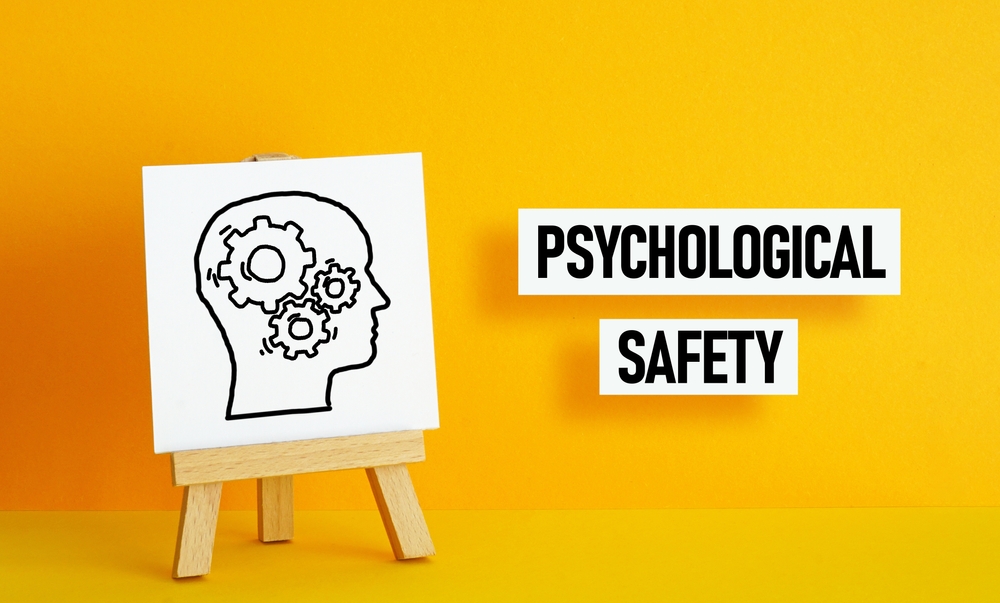
Psychological safety
Recently, LGH have been leading projects aimed at ‘reducing long-term absence’ in employers in the UK. The data is pretty horrific, absence is now 55% higher than it was in 2019, mental health accounting for over 50% of this and there is a dramatic increase in the number of fit notes issued for 5 weeks or longer.
What’s really noticeable is a breakdown in trust between colleagues and line managers, ‘a feeling/perception’, call it what you want, that each party can’t speak with honesty.
As per my normal routine, I went to validate my findings, and noted that the wonderful Amy Edmondson and Michaela Kerrissey had published some great research on the myths around ‘Psychological safety’.
They detail the misconceptions ‘Psychological safety means being nice; it means getting your way; it means job security; it requires a trade-off with performance; it’s a policy; and it requires a top-down approach’.
I whole heartedly agree with their findings. Leaders need to take steps to improve trust, train line managers to improve the quality of challenging, curious conversations at all levels, introduce structure and rituals for teams to track progress and only then will the psychological safety come.
When colleagues are absent from work due to sickness, there are many factors that need to be considered to enable them to come back to work, return fully engaged and over a period of time get back to ‘peak performance’.
If you want to discuss the above and how LGH can help – message me direct mariabourke@letsgethealthy.co.uk as this is something I’m passionate about.



